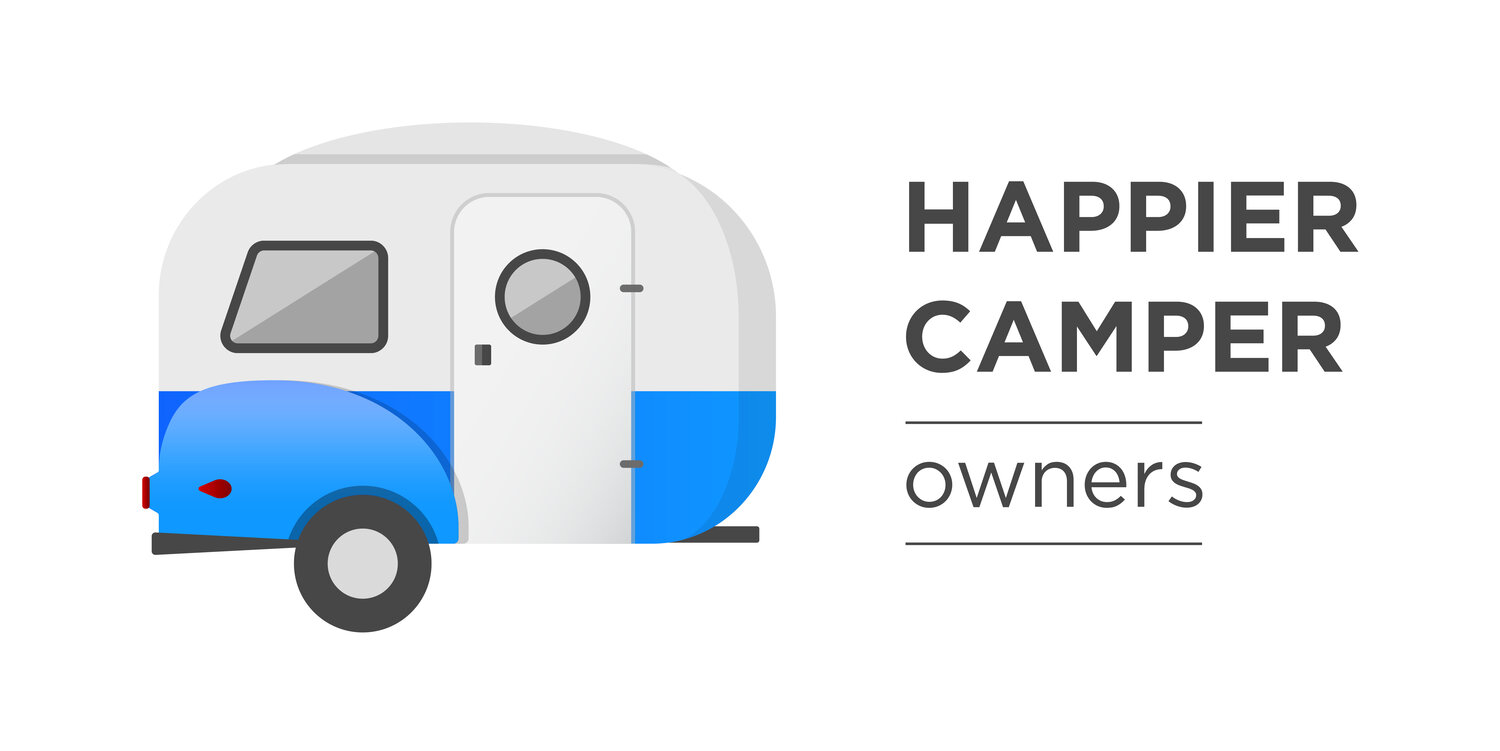I’m starting this article with a disclaimer - do not get upset and call the Happier Camper support people after reading this article. This is an ‘it is what it is’ article about how the industry works and I’m writing it because I think it’s important that owners understand how keys work so you can make informed decisions about your camper. With that being said…
Ok new or soon to be new owners, I’m about to freak you out. Actually I may be about to freak out people who have owned a Happier Camper for years, who knows. There is something sort of weird about camper locks that you should know about. I purposefully didn’t call this out in my Security article (which you should go read it you haven’t already) - not because it wasn’t important but because using your camper locks is something you should do. It is a legitimate deterrent to someone trying to get into your camper. You just need to understand how much ‘security’ they provide.
Most of us, quite rationally I think, assume that the key to a door is unique. It’s sort of the point, right? You want your key to be the only one for that lock and there is a sense of security in knowing that you are the only one who can open a door. It works that way with your car and your house or apartment, so it would be rational to extend that line of thinking to that other major investment in your life, your camper. Well that’s not how it works in the travel trailer industry.
In most campers, you can look at the door lock and see a small letter next to the keyhole. That indicates which pass key is needed to open that lock. Think, pass key C will open any camper lock with a C. If I have a C lock and you do too, I can open your camper lock. There’s upside to that if I happen to get locked out as the person camping next to me may actually have the key to my door but… yeah, I know. It makes me nervous just writing that.
Happier Camper uses Trimark locks and while there isn’t anything that indicates which passkey is needed (which I like), there is a limited sets of master keys that will open these locks. My understanding is that HC gets in a batch of Trimark locks - say a batch of 50 - and that this batch has the same key for all locks. The next batch may be the same or different, but it is the same issue - other people have a key that can open your travel trailer.
This SORT of makes sense - but only from the perspective of the RV industry. Keeping track of unique keys is a hassle for manufacturers, transport drivers and dealers but in my mind, isn’t that what a car dealership has to deal with? What is it about RVs that makes that an unacceptable burden? But it really doesn’t matter why - it’s a fact and you should be informed about this so you can make the decisions that are right for you. So let’s talk about what you can do about it - but first let me say.... we did not change the locks on the HC1 which we had for 3 1/2 years and we never got broken into.
Ok, ready for the solve? What you can do is have a locksmith re-key the lock for your door. Yah, no after-market lock option… I reached out to Happier Camper to get their guidance on this and they confirmed that the fiberglass mold is specifically designed for the Trimark locks they install. Swapping it out for a different one won’t work and it could void your warranty if not properly installed. Also, think stress cracks.
So now that you know, what will you do? Keep the current Trimark locks? Visit your local locksmith? Curious to hear what you guys think. Like this article and comment below!
